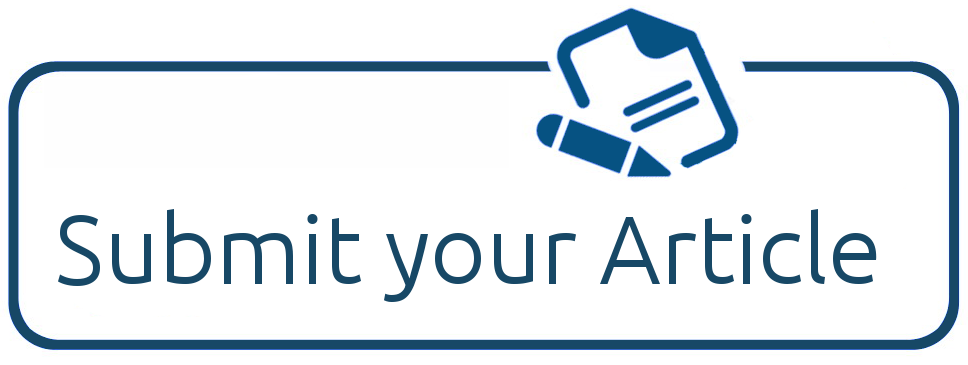The role of administrative leadership in managing change and reducing resistance to it
DOI:
https://doi.org/10.58963/qausrj.v1i12.147Keywords:
Administrative leadership , the management of change , Strategic managementAbstract
he contemporary business environment is witnessing a number of technological changes and developments, a great expansion of globalization, increasing intensity of competition, a change in the tastes and demands of customers, as well as the obsolescence of some administrative concepts and methods, which has produced a lot of turmoil and complications for business organizations.
Considering the organization is an open system, this creates a strong need to adapt to this environment, take advantage of its opportunities and advantages, and avoid risks and threats, by introducing some modifications to its strategy, organizational structure, and even its culture to ensure survival, continuity, and the ability to compete through implementing and managing change programs. Successfully.
Successfully implementing the change process requires the presence of competent leaders who can direct individuals' efforts towards understanding and adapting to change, and helping individuals achieve their desired goals. This can only be achieved by the presence of effective administrative leadership capable of undertaking change management tasks to ensure that all problems are properly addressed during the stages of the change process in the organization, and to deal with employees in a way that would achieve their ambitions and motivate them to make the various change programs successful.
However, individuals and groups within the organization often tend to resist change, due to the lack of trust among the organization’s members, and their failure to accept the idea that the change will be for the benefit of the organization. They view it as a transition from a state of stability and balance to another turbulent state. Therefore, leaders must know the most important reasons leading to change. To resist change and the forms it takes and to define them precisely to make it easier to deal with.
Metrics
Downloads
References
- محمد عبد الغني حسن هلال، مهارات قيادة الآخرين: كيف تكون قائدا متميزا في عملك، القاهرة، مركز تطوير الأداء والتنمية، 1994، ص 11.
- أندرو دي سيزلاقي ومارك جي والاس، السلوك التنظيمي والأداء، ترجمة جعفر أبو القاسم أحمد ومراجعة علي محمد عبد الوهاب، الرياض، معهد الإدارة العامة، 1991، ص 290.
- محمد سرحان المخلافي، القيادة الفاعلة وإدارة التغيير، مكتبة الفلاح للنشر والتوزيع، الأردن، 2009، ص 25.
- نجم عبود نجم، القياد الإدارية في القرن الواحد والعشرين، دار صفاء للطباعة والنشر والتوزيع، الأردن، 2011، ص 22.
- اسماعيل السيد، السلوك التنظيمي بين النظرية والتطبيق، الدار الجامعية الجديدة، الإسكندرية، 2005، ص 226.
- محمد حسنين العجمي، القيادة الإدارية والتنمية البشرية، دار المسيرة، الأردن، 2008، ص 66.
- محمد سرحان المخلافي، مرجع سبق ذكره، ص 37.
- دافيد س. ويلسون، استراتيجية التغيير: مفاهيم ومناظرات في إدارة التغيير، (ترجمة تحية السيد عمارة)، ط1، دار الفجر للنشر والتوزيع، القاهرة، 1995، ص 201.
- موسى اللوزي، التطوير التنظيمي، دار وائل للنشر، عمان، 1999، ص 49.
- دانا جاينس، جيمس روبنسون، التغيير: أدوات تحويل الأفكار إلى نتائج، مركز الخبرات المهنية للإدارة –بميك- مصر، 2000، ص20.
- رعد حسن الصرن، إدارة الإبداع والإبتكار، ج1، دار الرضا للنشر، سوريا، 2000، ص 22.
- مصطفى أبو بكر ومعالي فهمي حيدر، معوقات ومتطلبات التطوير التنظيمي وإدارة التغيير في المنظمات الحكومية، مجلة كلية التجارة للبحوث العلمية، عدد 2، مجلد 38، الإسكندرية، سبتمبر 2001، ص 287.
- المرجع نفسه، ص 288.
- Octave Gélinier, (1998), Les meilleurs pratiques de management, 2emetirage, Organisation, Paris, pp 346-347.
- دانا جاينس, جيمس روبنسون، مرجع سبق ذكره، ص 22.
- أحمد ماهر، السلوك التنظيمي، الدار الجامعية، الإسكندرية، 2003، ص 419.
- حسين حريم، السلوك التنظيمي، دار الحامد للنشر والتوزيع، الأردن، 2004، ص 385.
- نجم عبود نجم، مرجع سبق ذكره، ص 296-297.
- Dean Anderson & Linda Ackerman Anderson, Beyond change management, Jossey-Bass/Pfeiffer, San Francisco, 2001, p 150.
- Ibid, p 151.
- Rosemary Rayan, Leadership development, first edition, Elsevier, 2008, UK, p 72.
- بلال خلف السكارنة،القيادة الإدارية الفعالة، دار المسيرة للنشر والتوزيع والطباعة، الأردن، 2010، ص 356-357.
Downloads
Published
Issue
Section
Categories
License
Copyright (c) 2014 Queen Arwa University Journal

This work is licensed under a Creative Commons Attribution 4.0 International License.













